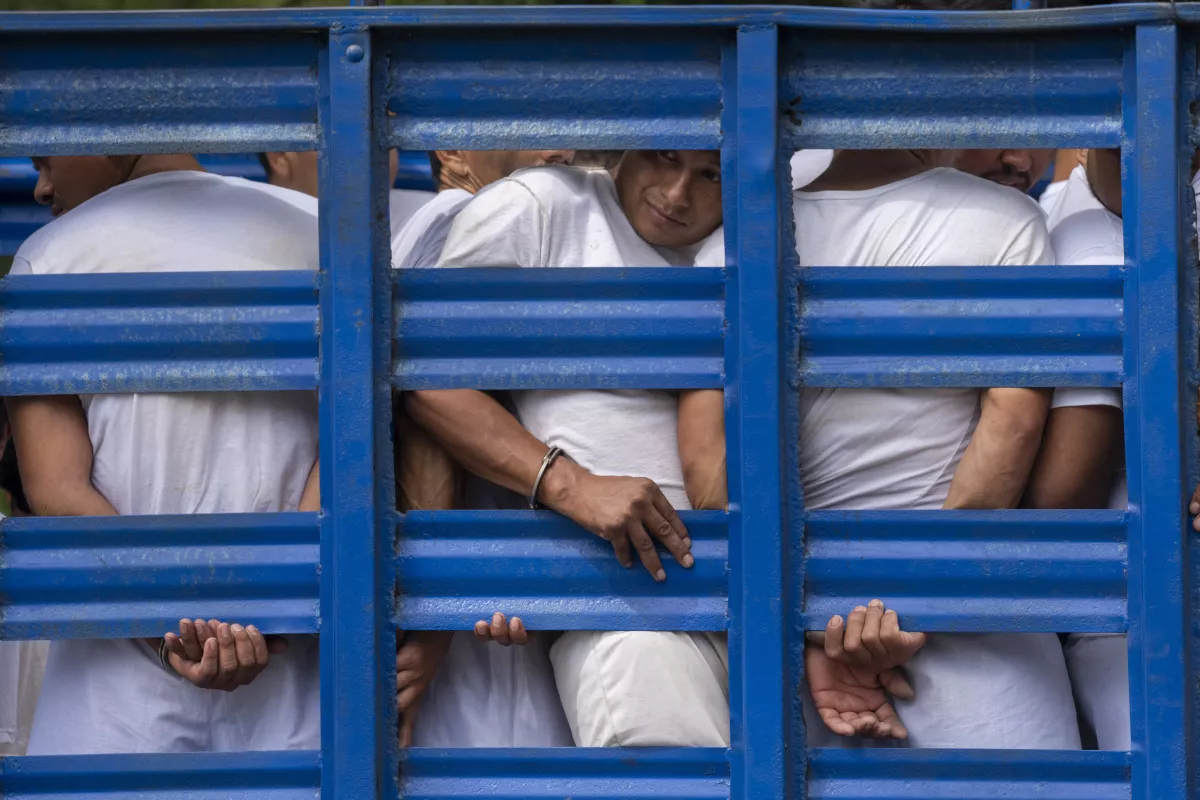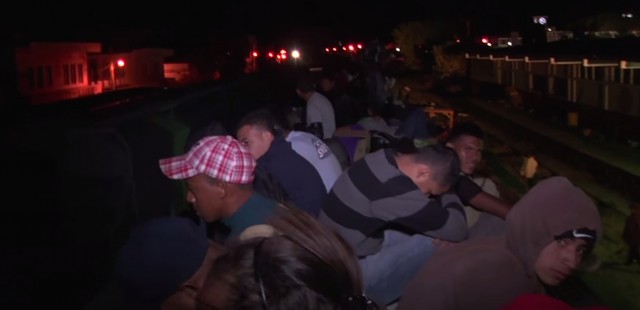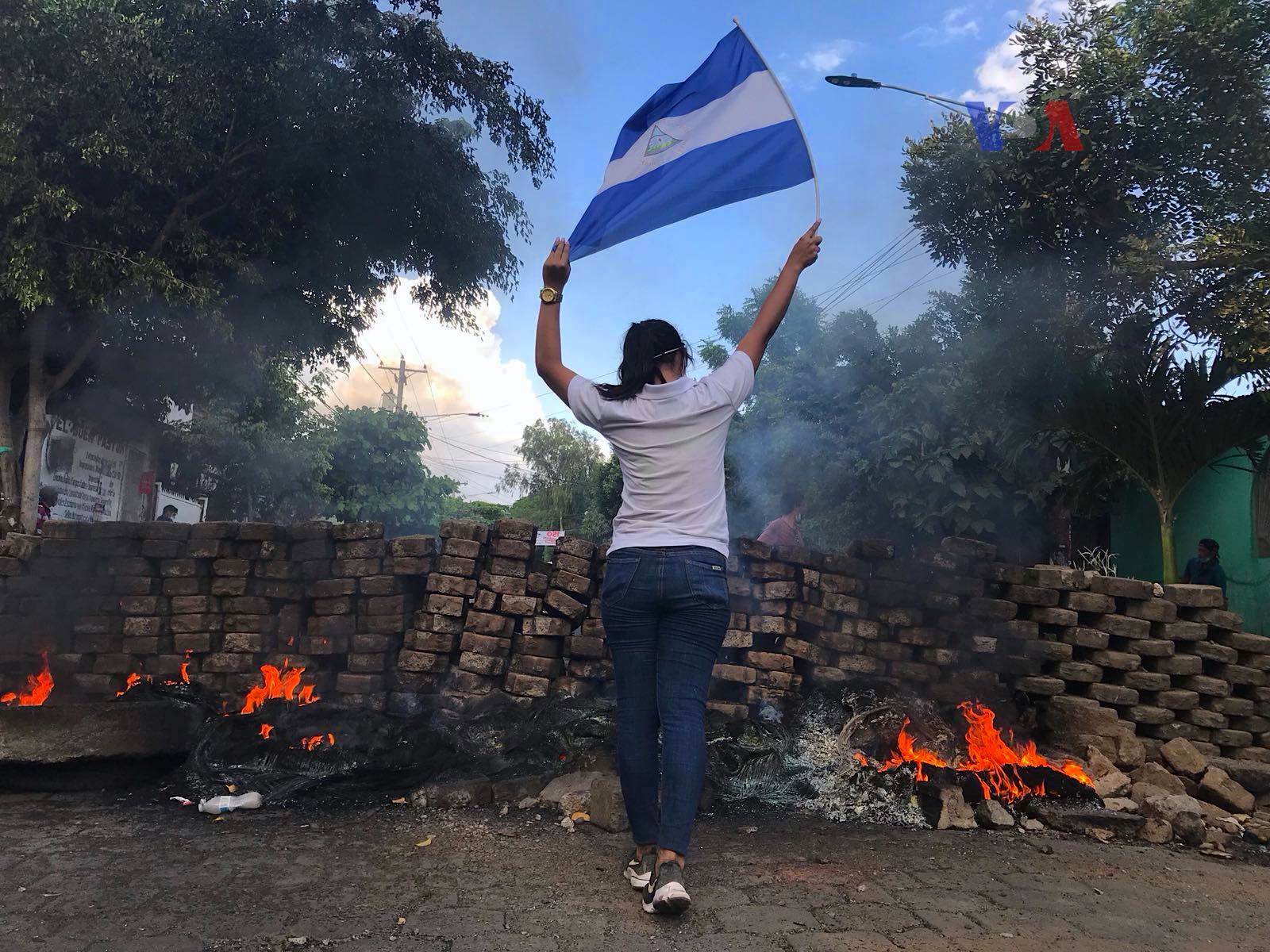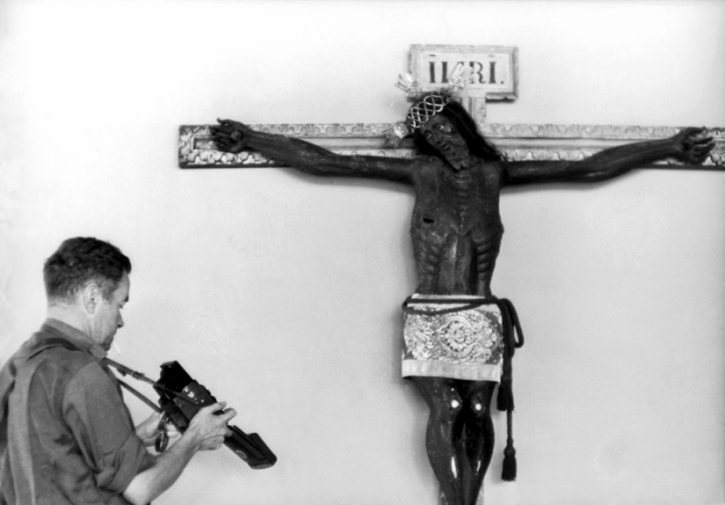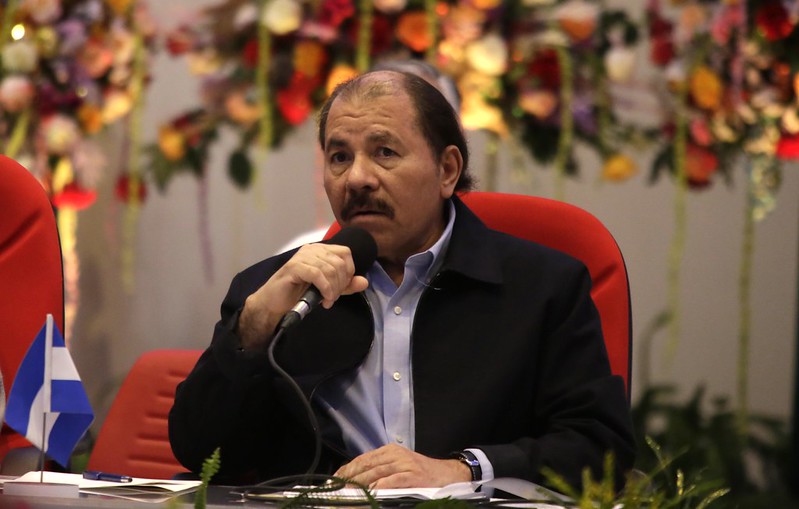
Central America, Features, Nicaragua
Almost half of Nicaraguan NGOs dissolved
December 25, 2022 By Alfredo Eladio Moreno
NEW YORK — In Nicaragua, 44% of registered NGOs — 3,209 NGOs out of the 7,227 registered in Nicaragua since 2018 — have had their legal registration canceled by the government, said a group of Nicaraguan organizations. The figure is an updated number given by the organizations at a conference on Dec. 6 in San José, Costa Rica.
Civil society dissolving since 2018
Since the violent repression of protests in 2018, the government of President Ortega and his political party have taken steps to consolidate political power, resulting in the decay of democracy in the Central American country.
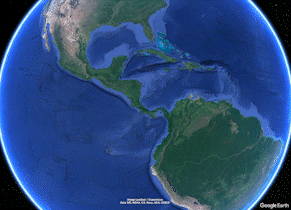
Indio Maíz Biological Reserve is located in southeast Nicaragua, and is 3,180 square kilometers. In 2018 a wildfire burned 5,400 hectares of the reserve, and caused significant protests that were violently repressed. (Graphic by Alfredo Eladio Moreno)
In order to grasp control over civil society, the state has modified laws dictating the right to assembly and organization. NGOs and other organizations have been raided by the police and had their legal registration canceled. Some of the officials running these NGOs have opted for life in exile, especially in neighboring Costa Rica.
Among those organizations and their members were Fundación del Río and Amaru Ruíz, the organization’s president. Ruíz had been working in environmental advocacy for more than 30 years when operations came to a standstill on Dec. 14, 2018, when the state police raided the building where Fundación and other organizations were located. On the same day, Ruíz fled to Costa Rica, where he has lived in exile since.
Ruíz said that Fundación had been targeted by the government after a major wildfire broke out at Indio Maíz Biological Reserve earlier that year. “We were the organization that alerted the situation. We denounced the wildfire,” he said.
Ruíz and Fundación had criticized the government for responding late. The wildfire had been burning for four days, destroying 3,000 hectares of land, before the government declared a yellow alert. The government also faced criticism for denying assistance from Costa Rica, and for their complicity in allowing illegal homesteaders — who environmental organizations believed were to blame for the fire — to enter protected territories like Indio Maíz.
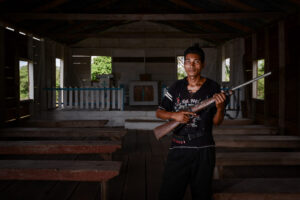
A Miskito man poses with one of the guns that community members have fashioned to fend off attacks from settlers. (Photo by Carlos Herrera)
At the same time he was working with Fundación, Ruíz was on the steering committee for Red Local. It faced a similar fate to Fundación. On Feb. 7, 2019, Red Local was raided by police. Documents and assets were seized, and a couple of staff members were momentarily detained. Ruíz said that this was merely the first step the government took before it officially canceled Red Local’s registration in 2020.
Ruíz said that “Red Local was officially dissolved in 2020 as a form of retaliation because of the participation of some of its leaders who were with the UN High Commissioner for Human Rights Michel Bachalet in a meeting.”
“Days after that meeting, Red Local was raided in arbitrary fashion. All operations practically came to a halt. At the end of the day, all that was left to do was to officially cancel Red Local’s legal registration, which happened in 2020.”
The raid against Red Local was condemned by international human rights organizations. The UN Office of the High Commissioner for Human Rights called on the government “to enable civil society to work freely and to continue their cooperation with UN institutions and mechanisms without facing reprisals.” The Inter-American Commission on Human Rights (IACHR) denounced the raid, saying that the dissolution of Red Local was “part of the systematic persecution suffered by civil society organizations in Nicaragua.”
Like domestic NGOs, international organizations have experienced pushback from the government. The IACHR installed a watchdog mechanism known as MESENI after a report found that the April 2018 protests — incited by the Indio Maíz fire and a reform to the country’s pension system — were violently repressed. On June 14, 2018 the government welcomed MESENI into the country.
But in Dec. 2018 the government expelled MESENI, forcing them to move operations outside of the country and work from Washington, D.C.
From the government’s perspective: foreign agents, terrorists
The Nicaraguan government has used laws and oversight mechanisms to crack down on civil society and clinch political control. These laws and oversight mechanisms brand organizations as foreign agents, or as receiving aid from terrorist organizations.
Passed by the national assembly in Nov. 2020, the Foreign Agents Law is one of the laws the government has used to crack down on civil society. It gives the executive branch, under the Ministry of the Interior, broad oversight to regulate individuals or organizations within the national territory who “respond to foreign interests and receive foreign funding.” Under this law, these individuals or organizations are branded as “foreign agents” and are restricted from participating in political activities like running for office or financing a political cause.
Individuals and organizations branded as foreign agents are required to register with the Ministry of the Interior. Yet, they face onerous and broadly defined requirements like short turn-around times and monthly spending reports. Furthermore, they must notify the Ministry of changes to address, contact information or staffing. Human Rights Watch reported that some organizations were pressed to remove or replace some board directors in opposition to the government in order to be registered.
After the law was passed, some organizations opted to shut down instead of register. Others decided to continue operations without registering, willing to face the sanctions by the government. One of those sanctions is the official cancellation of the organization’s legal registration.
The law states that its justification is in protecting the country from those who might “attack the independence, self-determination and national sovereignty, as well as the economic and political stability of the country.”
The government has used this justification elsewhere, specifically to imprison political opponents. One of the most recent victims is renowned sociologist and vocal opposition leader Oscar René Vargas. He was indicted last week on charges of “conspiracy to undermine national integrity.”
The government also arrested and charged opposition leaders ahead of the 2021 general election. Among them were Cristiana Chamorro and her brother Pedro Joaquín Chamorro. The government held that they received foreign funding to destabilize the government. The move effectively opened the path for Ortega and his party the FSLN to run unopposed and secure victory, landing him his fourth consecutive term.
The government has also used a key regulatory mechanism to justify the dissolution of organizations, said Ruíz. That mechanism is Recommendation 8, set by the Financial Action Task Force of Latin America, the region’s top money laundering and terrorist financing watchdog.
The recommendation states that member countries should ensure that their laws dictating NGOs are able to prevent them from succumbing to terrorist financing. Countries submit reports to show their competency in this area. In the government’s report published in 2021 the government said that it identified 208 NGOs from the group of 1,797 organizations classified as religious, social, cultural and education.
This is a huge discrepancy from the numbers reported by the group of Nicaraguan organizations that now work in exile in Costa Rica.
For Ruíz, the tension between the government and civil society is clear to him: “It is clear and it is evident that there is persecution, that there is a political order to cancel the legal registration of organizations in the country that do not have an affinity with the regime, that cannot be controlled by the regime.”
Although it is unclear how this trend will continue in the future, civil society leaders like Amaru Ruíz will continue to advance the work of their organizations, whether in Nicaragua or in exile in Costa Rica.
About Alfredo Eladio Moreno
Fredo is a journalist and photographer from his native Houston, Texas. He has reported since 2020 on Mexican politics and immigration policy in the United States, and especially on Nicaragua and the Ortega-Murillo regime. He is a graduate student of Journalism and Latin American and Caribbean Studies at New York University, where he is Editor-in-Chief of the Latin America News Dispatch.
< Previous Article
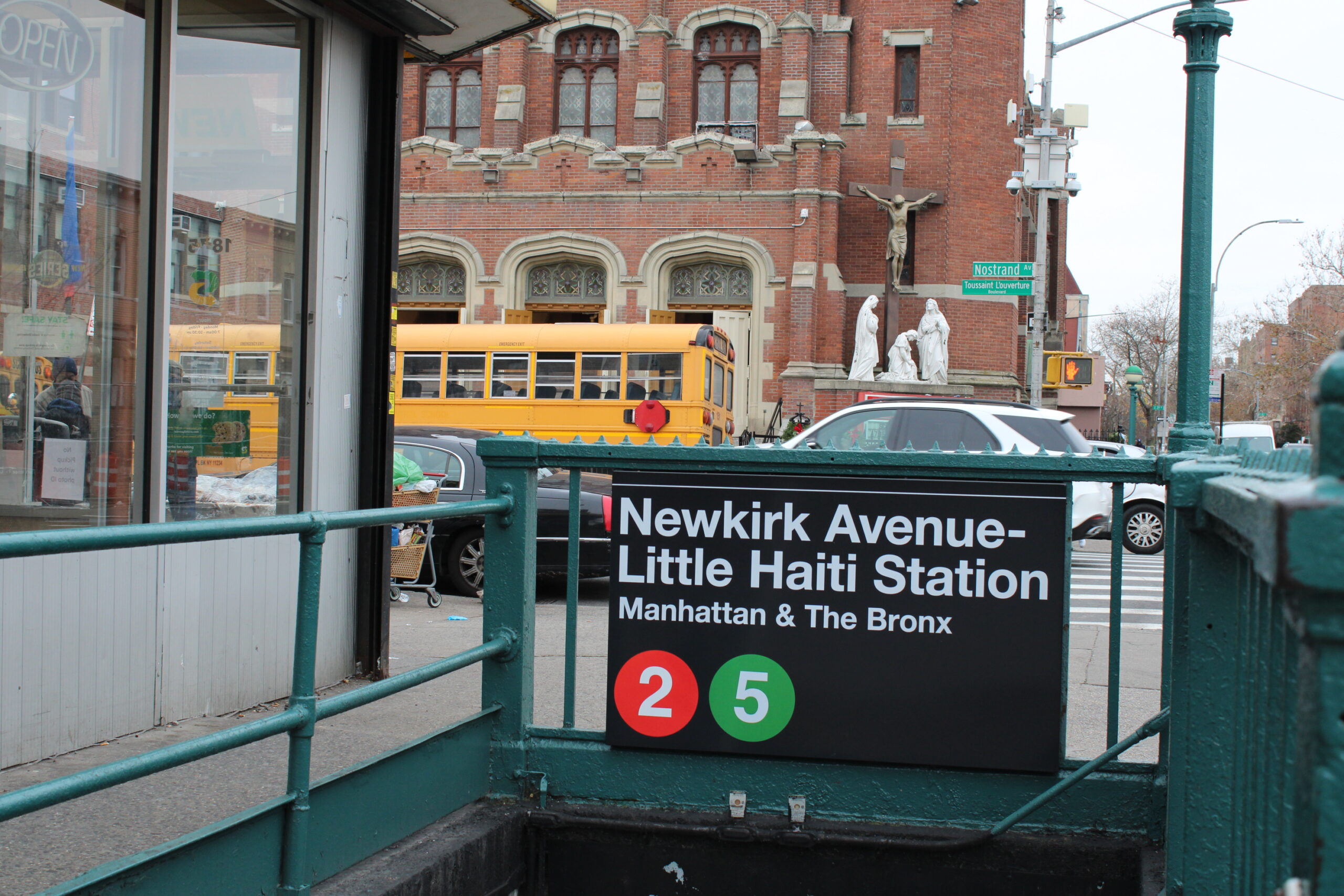
December 13, 2022 > Kathryn Palmer
Haitians among thousands seeking asylum in NYC
Next Article >
